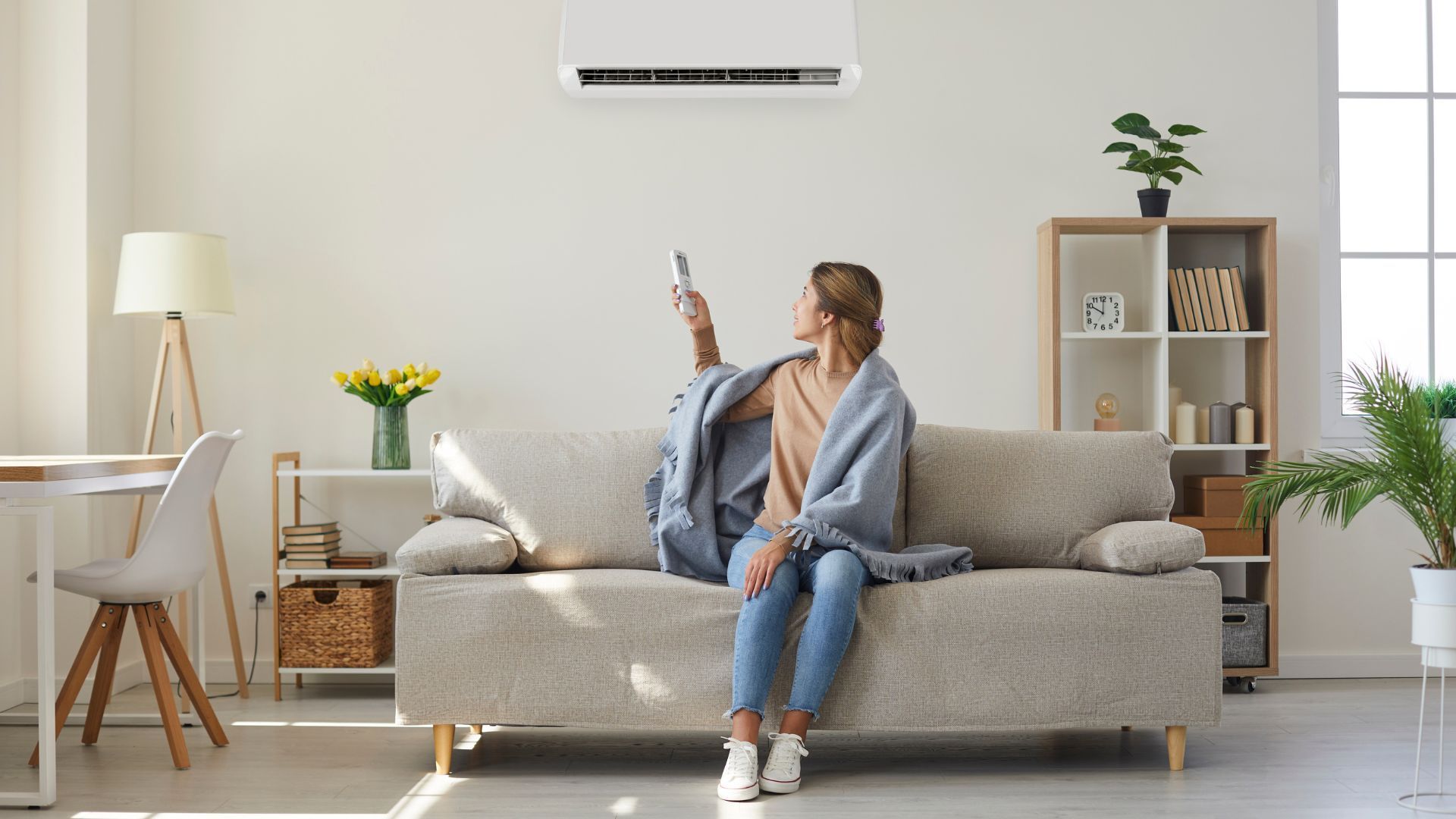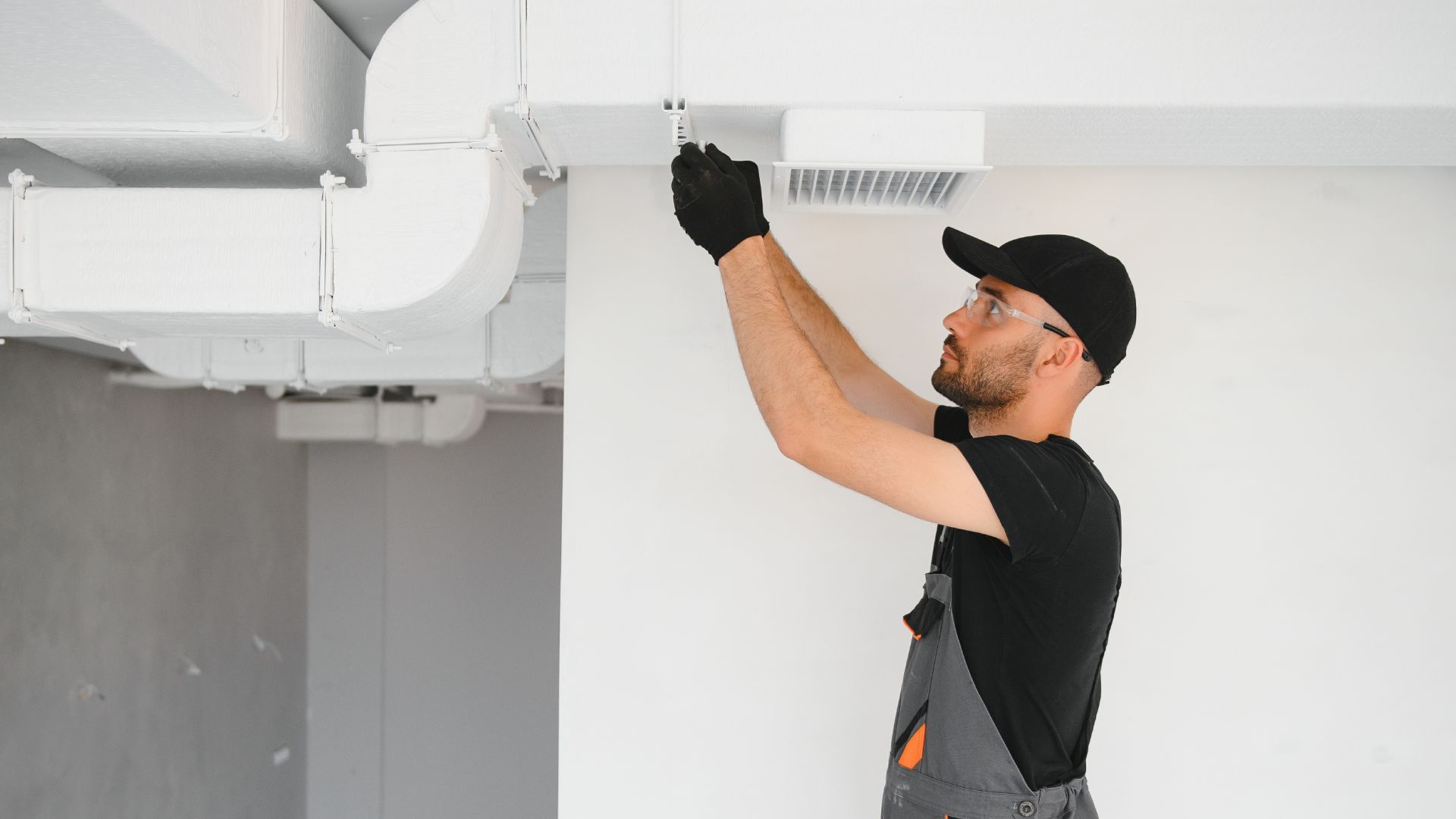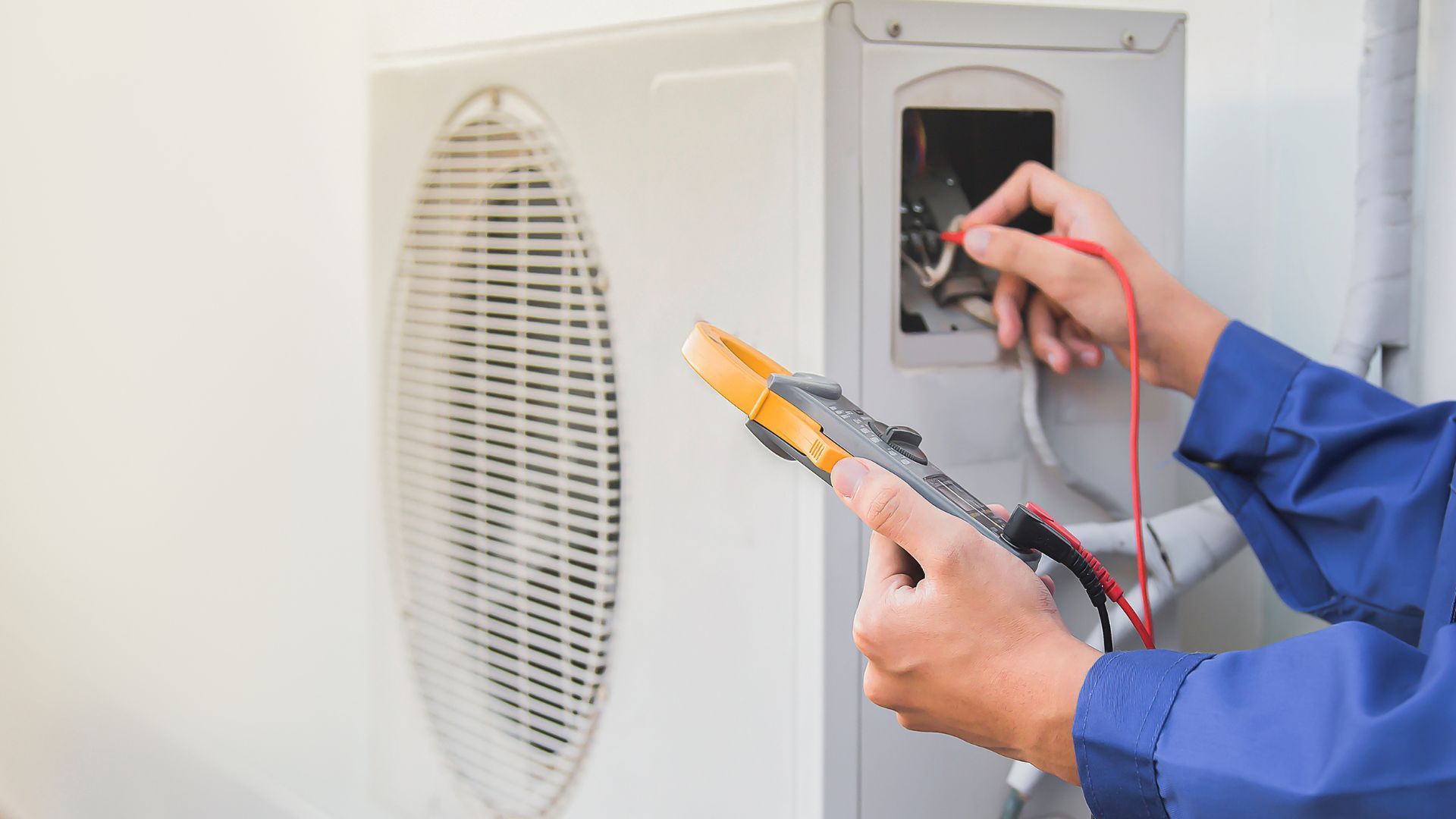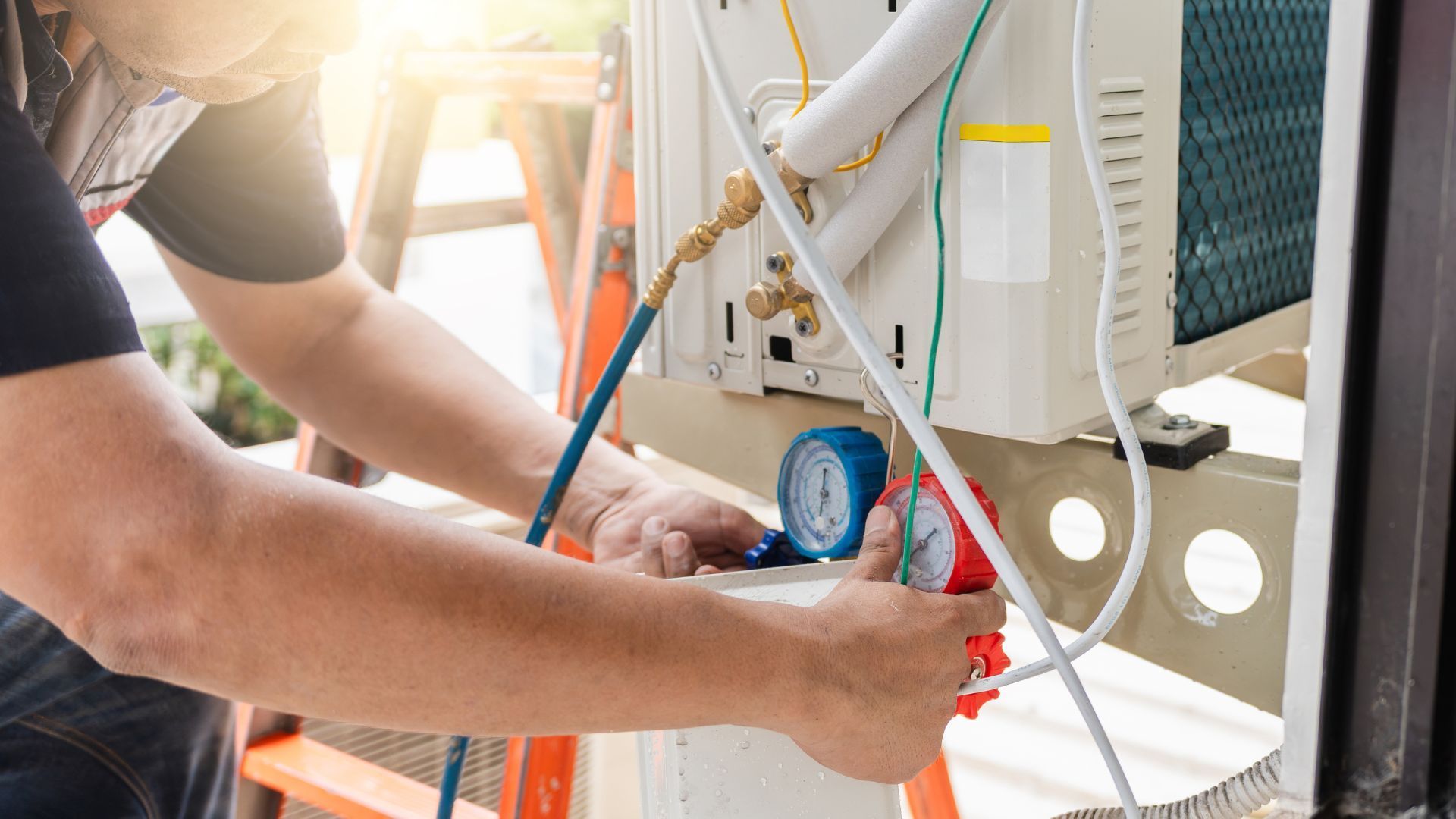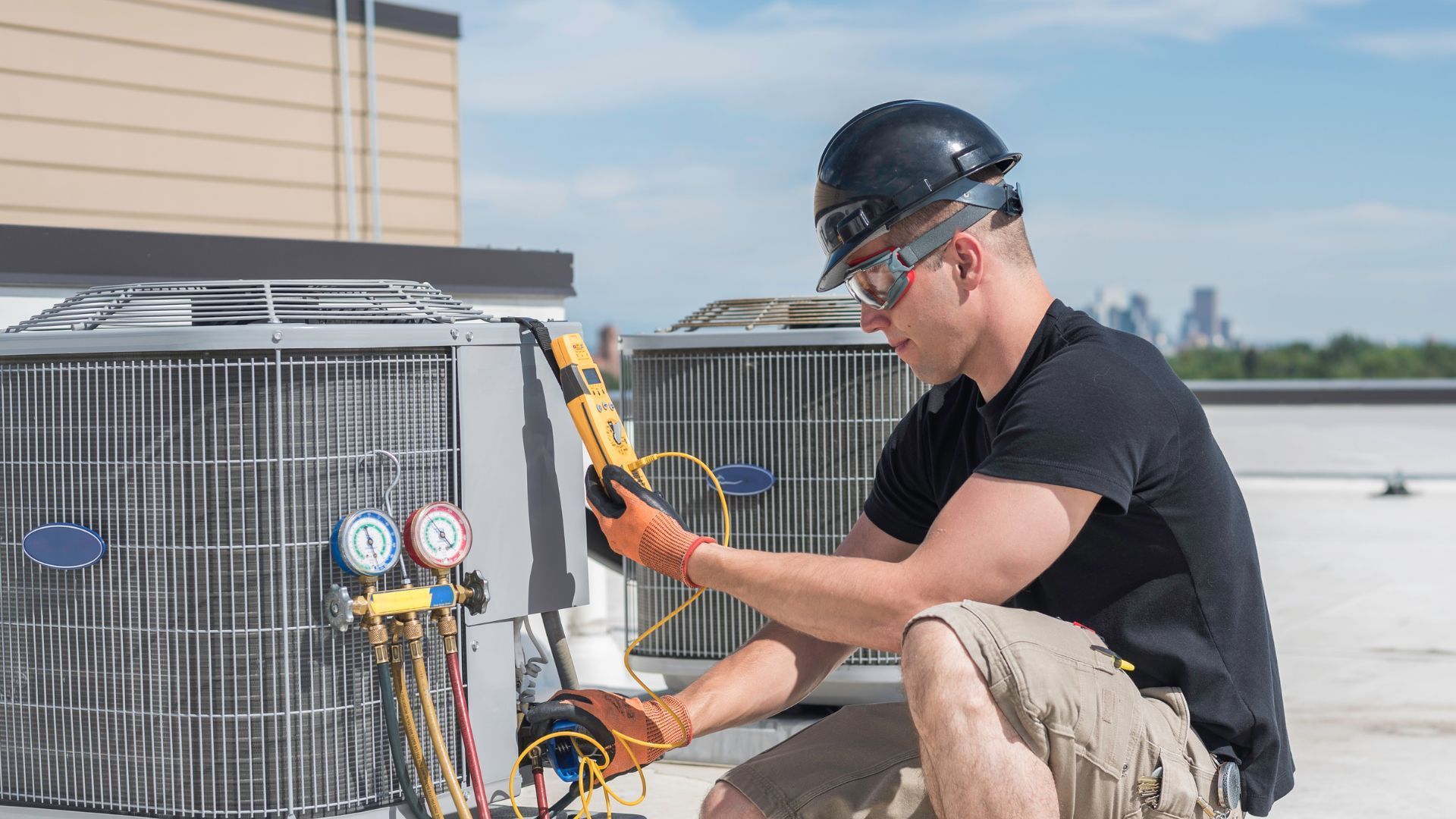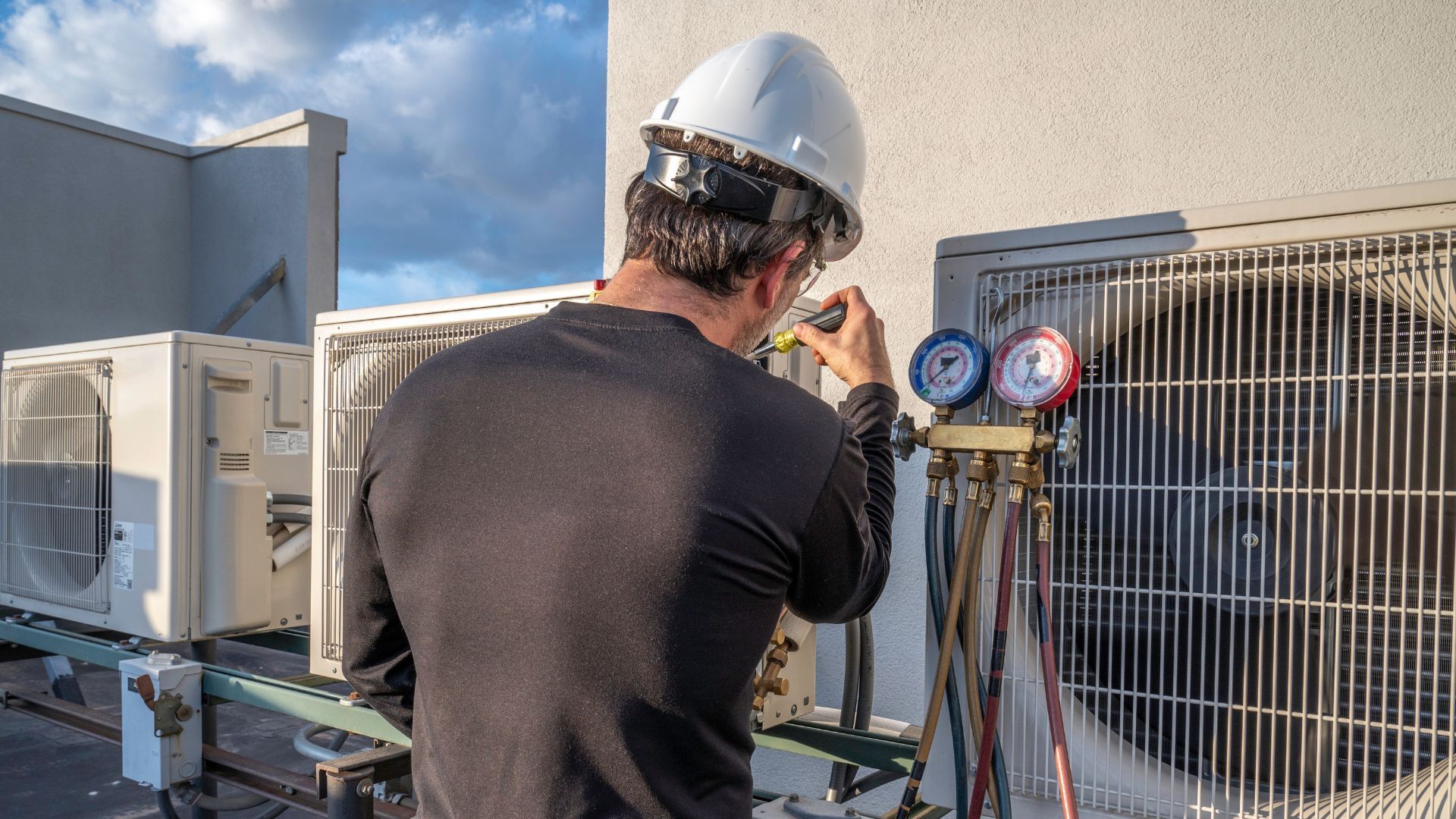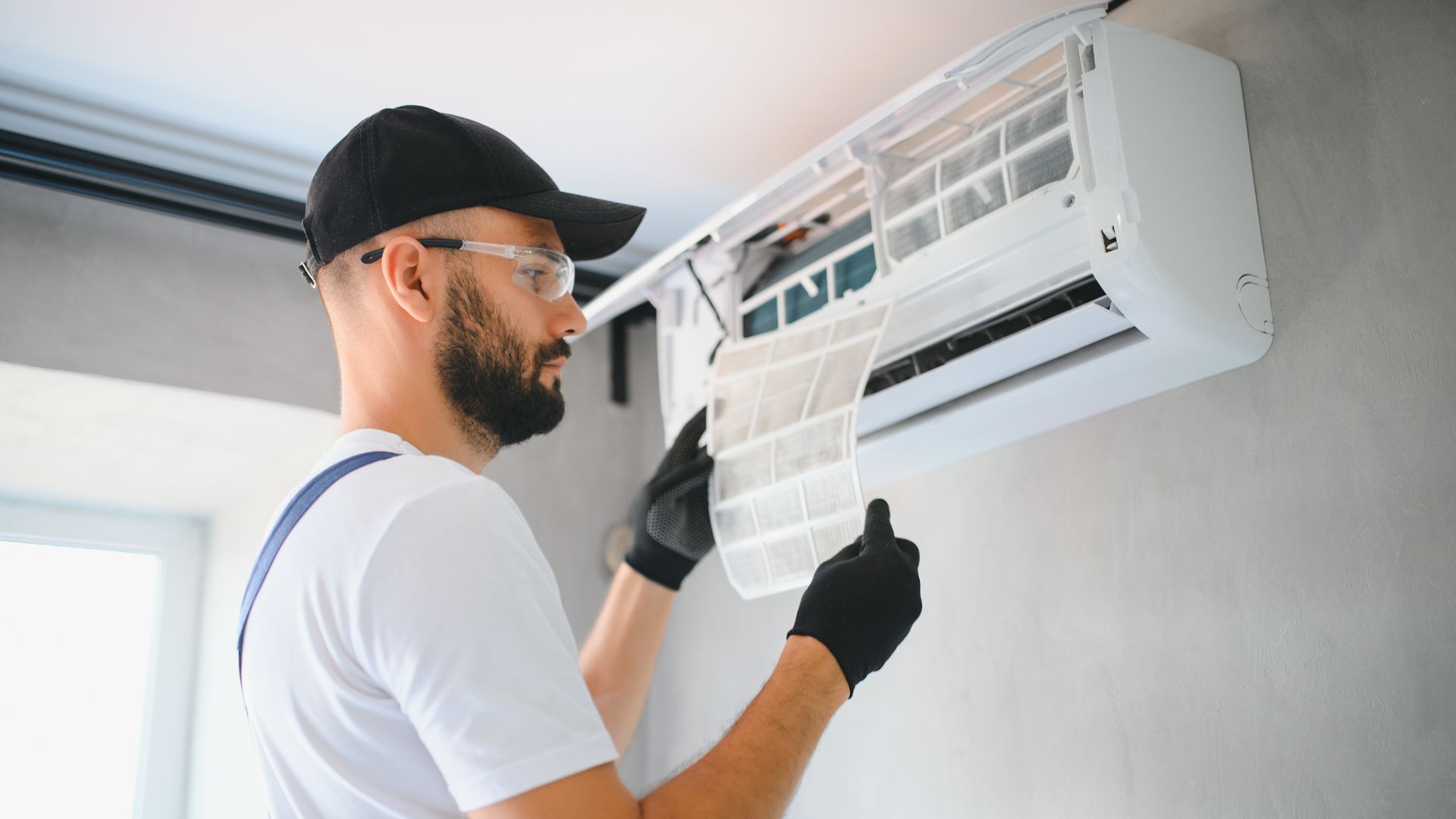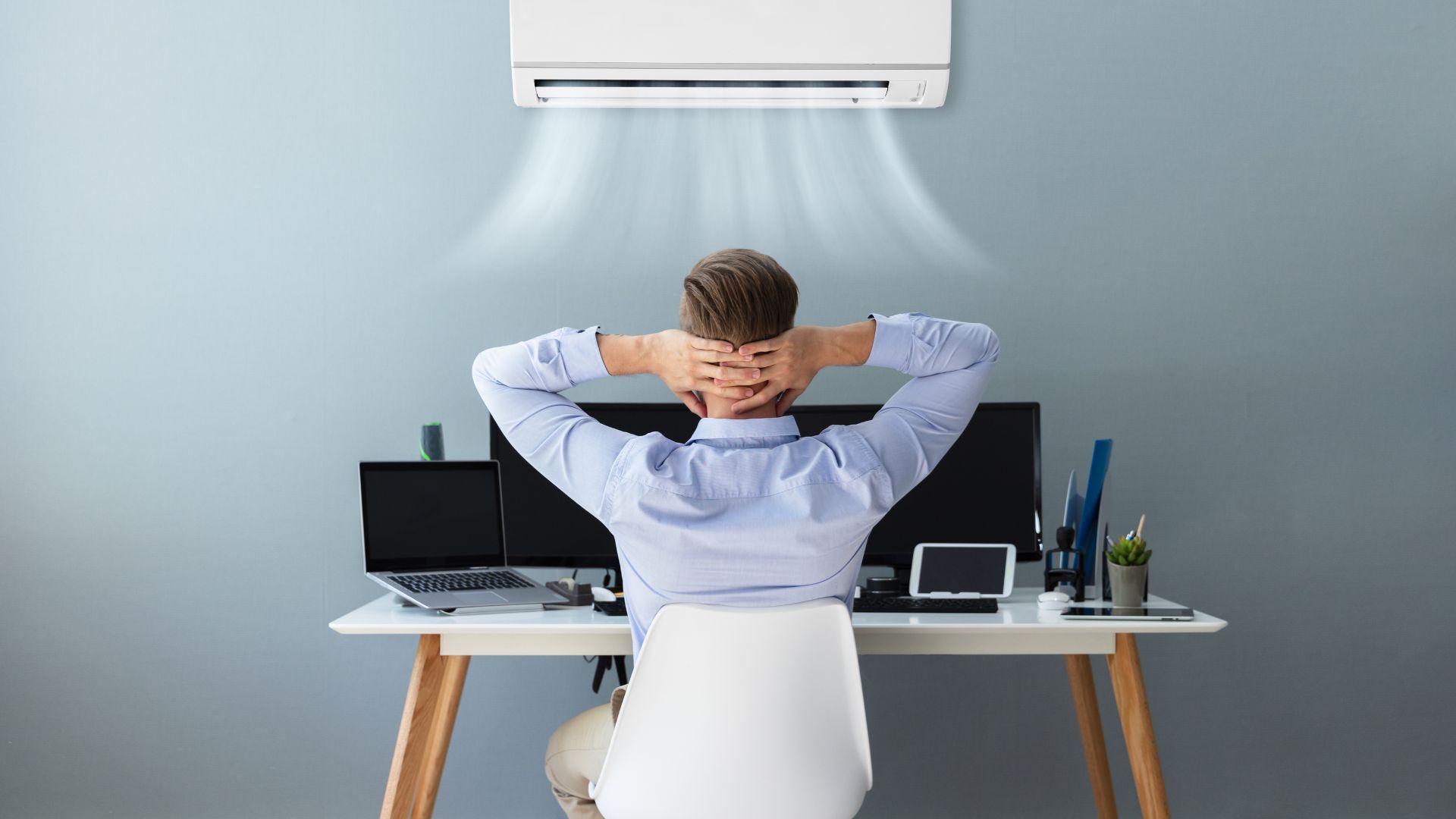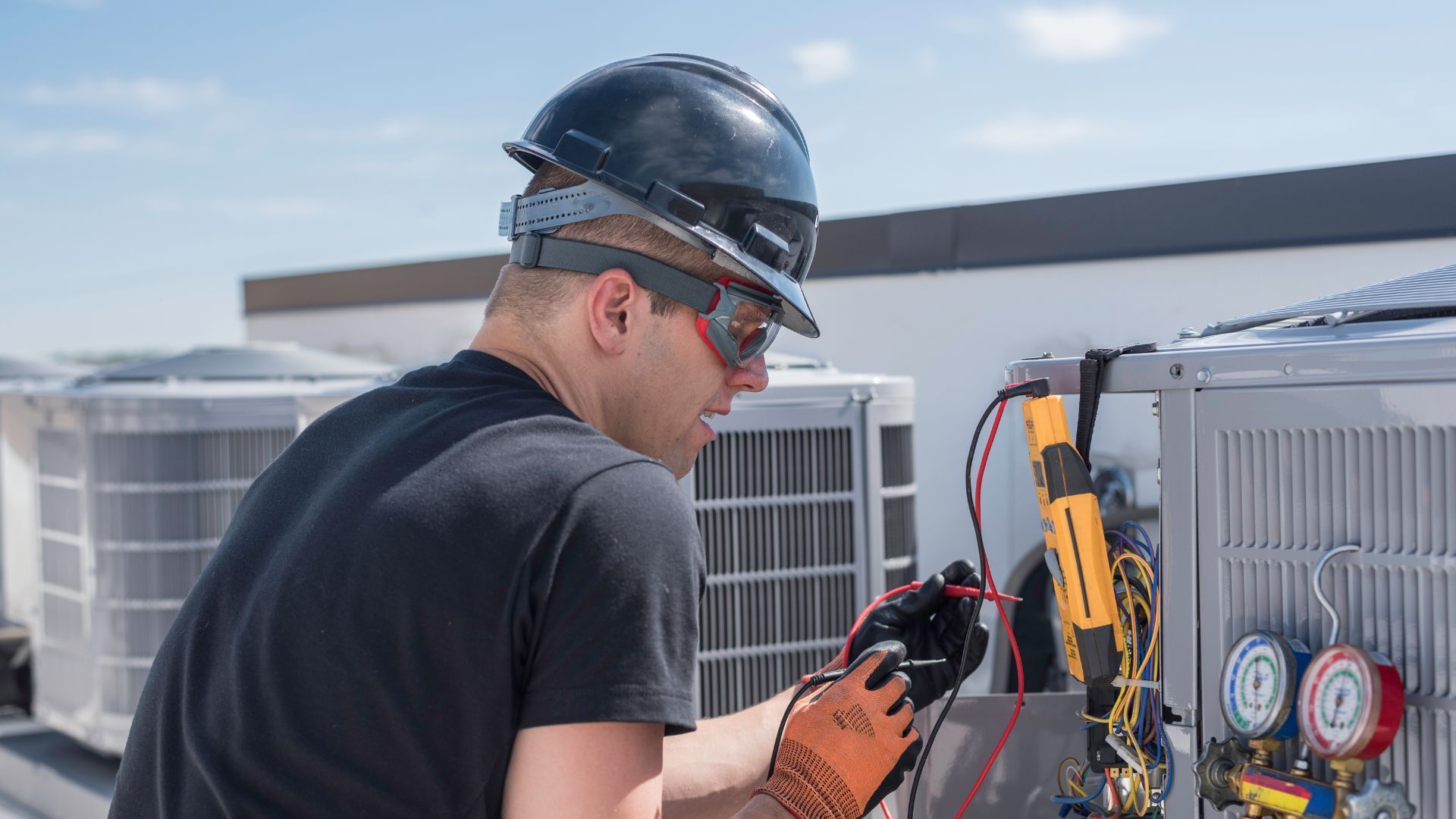Key Factors to Evaluate When Selecting an AC Installation Service in Rhode Island
Selecting an AC installation service in Rhode Island can be challenging, especially with so many options available. Many customers often overlook key factors such as qualifications, service offerings, and the importance of obtaining multiple quotes. This blog post will guide readers through essential criteria to consider when choosing an AC installation company, ensuring they make an informed decision that meets their needs. By understanding these factors, readers can avoid common pitfalls and secure a reliable installation service, leading to a comfortable home environment.
Key Takeaways
- Choosing qualified HVAC contractors ensures efficient AC installation and improved energy cost savings
- Assessing customer reviews provides insights into service quality and contractor reliability
- Energy efficiency certifications indicate better performance and lower utility costs for homeowners
- Understanding warranties and maintenance plans protects homeowners from unexpected repair expenses
- Emergency service availability is critical for timely assistance during extreme weather conditions
Understanding the Role of AC Installation Services in Rhode Island
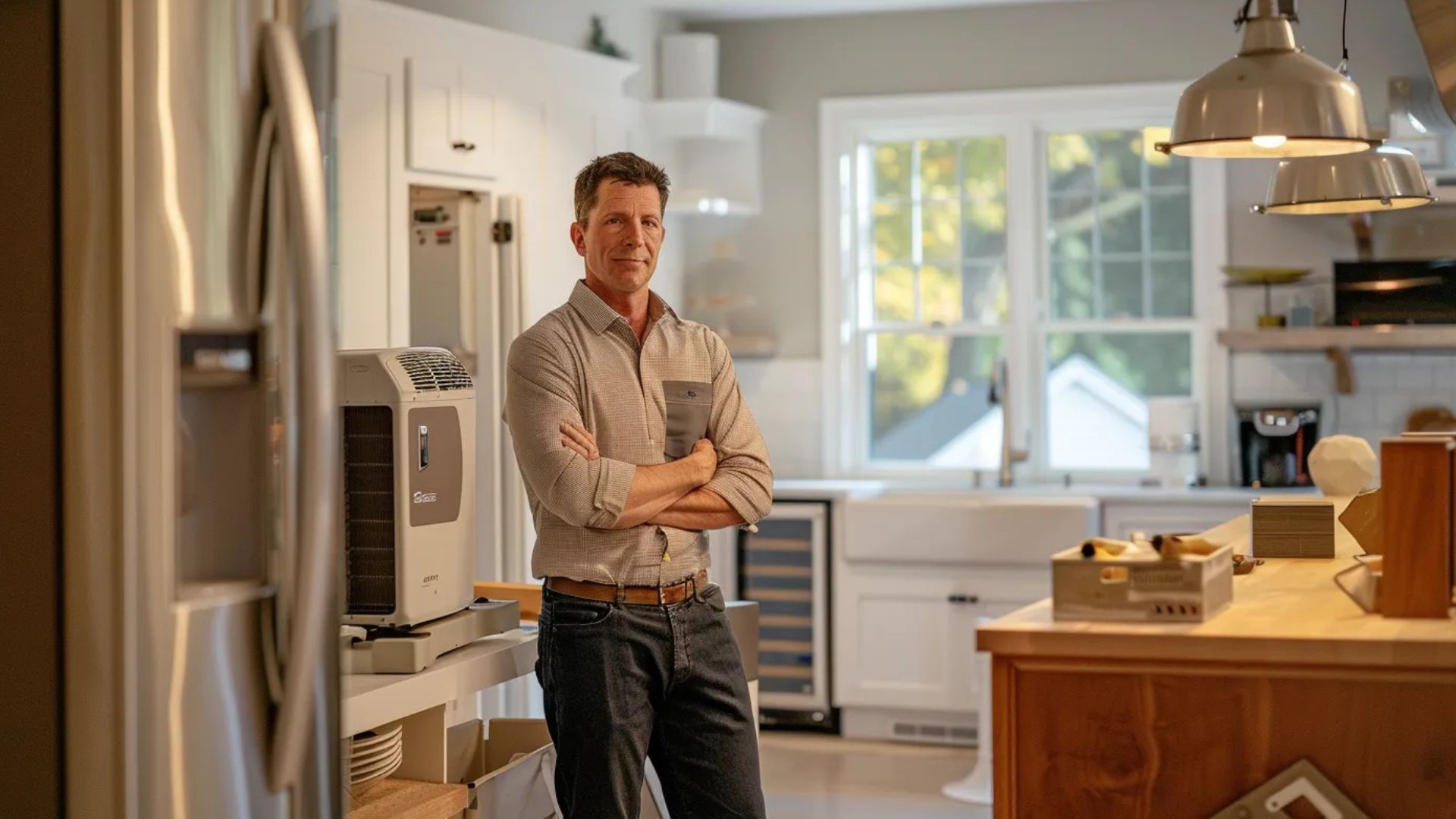
AC Installation Rhode Island services play a vital role in maintaining comfort within homes, particularly in areas like Rhode Island where summer humidity can make living conditions challenging. Qualified HVAC contractors ensure that air conditioning systems are properly installed to maximize efficiency and minimize energy costs associated with utility bills.
These professionals assess the specific needs of each room, including bedrooms, to provide tailored solutions. Understanding factors such as space size, insulation, and local climate helps contractors determine the most effective HVAC systems for optimal airflow and humidity control.
Furthermore, reliable AC installation services contribute significantly to enhancing indoor air quality. By ensuring systems are correctly installed and functioning, they help reduce allergens and improve overall comfort, making it essential for homeowners to choose quality service providers in Rhode Island.
Choosing the right AC installation service matters. Next, it is essential to know the key qualifications to look for in a reliable company.
Key Qualifications to Evaluate in an AC Installation Company

When selecting an AC installation service in Rhode Island, evaluating several key qualifications is essential. Licensing and insurance are critical for ensuring compliance and protection. The experience level in handling various AC systems, including the installation of evaporators, highlights a contractor's capability. Additionally, customer reviews and testimonials can provide insights into the contractor's reputation, reliability, and warranty offerings, ultimately impacting the homeowner's decision-making process.
Licensing and Insurance Requirements for HVAC Contractors
When evaluating an AC installation service in Rhode Island, confirming that HVAC contractors possess proper licensing and insurance is critical. Licensed professionals demonstrate they meet industry standards, ensuring that installations of heat pumps or other systems adhere to local regulations. Additionally, insurance coverage protects homeowners from potential liabilities arising from accidents or damage during the installation process, safeguarding both the property and the contractor against unforeseen wear and tear.
| Criteria | Description |
|---|---|
| Licensing | Verifies compliance with local regulations and industry standards for HVAC installations. |
| Insurance | Provides protection against liabilities related to accidents or damage during the installation process. |
| Experience with Heat Pumps | Shows capability in handling various systems, particularly modern heat pumps that require specialized knowledge. |
| Customer Reviews | Offers insights into the contractor's reliability, quality of service, and customer satisfaction. |
Experience Level in Handling Various AC Systems
The experience level of an HVAC company in handling various AC systems is a significant factor when selecting an installation service in Rhode Island. An experienced contractor should be proficient in inspecting duct systems to prevent issues such as mold growth and ensure proper airflow throughout the home. Additionally, expertise in customer service can enhance the overall experience, providing homeowners with peace of mind through effective communication and support during the installation process.
| Criteria | Description |
|---|---|
| Licensing | Verifies compliance with local regulations and industry standards for HVAC installations. |
| Insurance | Provides protection against liabilities related to accidents or damage during the installation process. |
| Experience with Heat Pumps | Shows capability in handling various systems, particularly modern heat pumps that require specialized knowledge. |
| Customer Reviews | Offers insights into the contractor's reliability, quality of service, and customer satisfaction. |
Customer Reviews and Testimonials to Consider
Customer reviews and testimonials serve as a crucial resource when evaluating AC installation services in Rhode Island. Potential clients should look for feedback that highlights the contractor's expertise in ventilation systems, which directly correlates with comfort levels in the home. Additionally, reviews mentioning the handling of different heating fuel sources, such as natural gas and heating oil, can indicate a contractor's versatility and reliability, providing further assurance of their capability. Checking a company's rating with the Better Business Bureau can also offer insights into their service quality and customer satisfaction, helping homeowners make informed decisions.
Once the key qualifications are understood, attention must turn to what services each company provides. The depth and scope of these offerings can reveal significant insights into their expertise and reliability.
Evaluating Service Offerings of AC Installation Companies

Evaluating the service offerings of AC installation companies includes several critical aspects. Homeowners should examine the types of AC systems available for installation, ensuring options that fit specific needs and enhance airflow. Warranties and maintenance plans are essential for long-term investment protection and dealing with potential repairs, including condenser leaks. Additionally, assessing energy efficiency certifications ensures compliance with safety standards, providing peace of mind while contributing to lower utility costs.
Types of AC Systems Available for Installation
There are several types of air conditioning systems available for installation in Rhode Island, each catering to different homeowner needs and preferences. Central air conditioning systems are ideal for larger homes, offering efficient cooling by distributing air through ductwork, while ductless mini-split systems provide flexibility and are particularly useful for homes without existing ductwork. Additionally, window units and portable air conditioners can be affordable options for smaller spaces and temporary cooling needs. Understanding the available services heating and HVAC services will significantly aid homeowners in making informed choices regarding the type of system that best fits their budgets and comfort requirements:
- Central Air Conditioning Systems
- Ductless Mini-Split Systems
- Window Units
- Portable Air Conditioners
Warranties and Maintenance Plans Provided
When selecting an AC installation service in Rhode Island, understanding the warranties and maintenance plans offered by an HVAC service provider is essential. Comprehensive warranties can cover major components such as the air handler and refrigerant systems, ensuring that homeowners are protected against unexpected repairs. Additionally, maintenance plans that include heating system maintenance can help extend the lifespan of the unit, allowing for efficient and effective operation, which ultimately contributes to lower energy costs and enhanced comfort throughout the year.
Energy Efficiency Certifications and Standards
Energy efficiency certifications and standards are essential factors when selecting an air conditioning installation service in Rhode Island. These certifications indicate that the HVAC systems meet rigorous energy-saving guidelines, ensuring better performance and reduced utility costs for homeowners. Quality installers often provide air purifiers and compressors that comply with these standards, enhancing overall heating and cooling efficiency while contributing to a healthier indoor environment:
- Understanding energy efficiency certifications
- Impact of energy-efficient systems on utility costs
- Benefits of air purifiers and compliant compressors
After understanding what different AC companies offer, the next step lies in ensuring the best choice is made. Gathering multiple quotes not only reveals options but also sharpens the price you pay for comfort.
Importance of Getting Multiple Quotes for AC Installation

Obtaining multiple quotes for AC installation services is essential for making informed decisions. This process allows homeowners to compare the costs of different options, examine potential hidden fees, and evaluate the qualifications of technicians. Insights into components such as thermostats and boilers, as well as regulations affecting indoor air quality, aid in recognizing the true value of each proposal.
By effectively comparing quotes, individuals can identify discrepancies and prioritize services that meet their specific needs, ensuring a more satisfactory installation experience.
How to Compare Quotes Effectively
To compare quotes effectively for AC installation services in Rhode Island, homeowners should focus on key factors such as pricing, service offerings, and warranties. It's essential to examine the details of what each proposal includes, such as potential costs associated with air conditioning repair and maintenance, which can influence the longevity of the system. Additionally, understanding any noise levels associated with different units can help determine the comfort level in living spaces, ensuring that homeowners select an option that best meets their needs and budget without sacrificing quality.
Hidden Fees to Watch Out For
Homeowners need to be vigilant about hidden fees when comparing quotes for AC installation services. These fees can include charges for necessary modifications to existing heating systems, additional labor for pump installation, or costs arising from unexpected complications during the installation process. Understanding these potential costs upfront can significantly impact customer satisfaction and the overall efficiency of the chosen system.
- Evaluate multiple service quotes to uncover hidden fees.
- Look for charges related to heating system modifications.
- Be aware of additional labor costs for pump installations.
- Consider potential complications during the installation that may incur extra charges.
After securing the best deal for installation, a homeowner must consider what happens when the unexpected strikes. Knowing if emergency services are readily available can provide peace of mind when the heat is unforgiving.
Checking the Availability of Emergency Services

When selecting an AC installation service in Rhode Island, examining the availability of emergency services is crucial. This includes understanding response times for emergency AC repairs and ensuring that the service provider offers 24/7 availability across coverage areas. Knowledge of these factors enables homeowners to rely on experts who can address central heating issues quickly and efficiently, enhancing overall comfort during critical situations.
Response Times for Emergency AC Repairs
Response times for emergency AC repairs are a critical factor when selecting an installation service in Rhode Island. Homeowners facing a malfunction during peak summer heat need assurance that their service provider can quickly address issues to restore comfort. Companies that clearly communicate their emergency response protocols demonstrate reliability, ensuring customers know when to expect assistance in urgent situations.
- Understand the importance of prompt response times.
- Assess how quickly technicians can reach the location for emergency repairs.
- Determine if the company offers 24/7 availability for peace of mind.
24/7 Service Availability and Coverage Areas
When selecting an AC installation service in Rhode Island, verifying 24/7 service availability is essential for homeowners who may need immediate assistance during extreme weather events. A reliable contractor will provide round-the-clock support, ensuring that any emergency repairs can be addressed swiftly to restore comfort. Additionally, understanding the coverage areas of the provider allows homeowners to confirm that their residence is within a reachable distance, which is crucial for timely service during unexpected system failures.
With emergency services checked and ready, the next step awaits. Understanding the installation process and its timeline will bring clarity to what lies ahead.
Understanding the Installation Process and Timeline

The installation process for air conditioning systems in Rhode Island involves several critical components that homeowners should understand. This section provides a step-by-step breakdown of the installation process, highlighting effective communication during the procedure to ensure transparency. It also emphasizes the importance of post-installation support and follow-up services, which are essential for maintaining optimal system performance and customer satisfaction.
Step-by-Step Breakdown of the Installation Process
The installation process for air conditioning systems typically begins with a comprehensive assessment of the home to determine the best HVAC solution. Following this evaluation, contractors will prepare the site, which may involve modifying existing ductwork or ensuring that the electrical systems are compatible with the new unit. Once the necessary preparations are complete, technicians will proceed with the installation, connecting the system to the power source and testing it to ensure optimal functionality, all while maintaining open communication with homeowners to address any questions or concerns.
Communication During the Installation Process
Effective communication during the installation process is vital for a successful AC installation service in Rhode Island. Homeowners should expect clear updates from contractors about each phase of the installation, addressing any questions or concerns that may arise. This transparency not only fosters trust but also ensures that the installation aligns with the homeowner's expectations, resulting in a smooth and efficient experience.
- Initial assessment of the home and needs
- Site preparation and modifications if necessary
- Installation of the AC unit and connections
- Testing of the system for optimal performance
- Post-installation support and follow-up
Post-Installation Support and Follow-Up Services
Post-installation support and follow-up services are critical components when selecting an AC installation service in Rhode Island. Homeowners benefit significantly from knowing that their contractor offers ongoing assistance, including routine maintenance checks and troubleshooting, which ensure the system operates efficiently over time. This proactive approach not only extends the lifespan of the air conditioning unit but also addresses potential issues before they escalate into costly repairs, providing peace of mind for homeowners.
| Service Type | Description |
|---|---|
| Routine Maintenance | Regular checks and servicing to ensure optimal system performance. |
| Troubleshooting | Assistance in diagnosing and resolving any operational issues swiftly. |
| Warranty Support | Coverage for repairs related to major components of the unit under warranty. |
| Customer Education | Providing homeowners with information on system usage and care for longevity. |
Selecting the right AC installation service in Rhode Island requires careful evaluation of several key factors to ensure optimal system performance and homeowner satisfaction. Essential criteria include verifying licensing and insurance, assessing the contractor's experience with various AC systems, and reading customer reviews for insights on reliability. Additionally, understanding service offerings, warranties, and availability of emergency support further enhances the decision-making process. Prioritizing these elements not only safeguards comfort during sweltering summers but also contributes to energy efficiency and cost savings in the long run.
